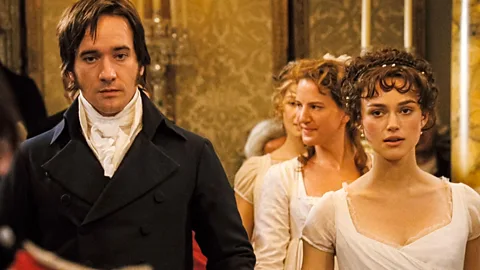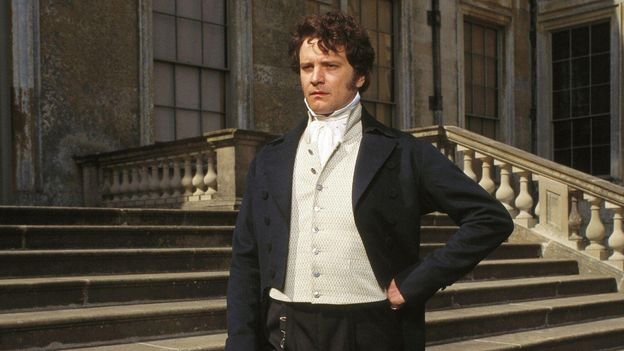The glory of this novel is foremost in the life force of its characters, particularly Elizabeth Bennet, who is the most appealing of literary heroines, backing her own judgement and vitality against odds that are often overwhelming. But there is a richness to the reading experience that consists of much more than cheering on this spirited young woman. It lies in the multiple and inconsistent narrative standpoints Jane Austen adopts. As a reader you are made complicit in these, sometimes without noticing. The virtue of this method is that the novel becomes satisfying in ways more complex than you at first expect from the deceptive lightness of tone; the drawback is that the exuberance of Jane Austen’s virtuosity can create problems of interpretation.
The principal of these is Mr Darcy. He is, to put it bluntly, such an awful man. The main thread of his story – the top line of the melody, as it were – is that, as an orphan, heir and older brother, he has been too much deferred to and has come to think of many things and people as “beneath” him. In the end, though, because he has a clear view of society, is generous with his fortune and has a kind heart despite his unfortunate manner, he needs only to fall in love with a woman who treats him not with deference but as an equal: then he will be fine.
 Alamy
AlamyWhile it’s certainly beguiling to think of an arrogant man being taught hard lessons by someone of a lower social class, this version of Darcy is not all that Jane Austen gives us. He is also unforgivably cruel. “Could you expect me to rejoice in the inferiority of your connections?” he asks Elizabeth, when making his marriage proposal. And that should really be the end of the matter. Mr Darcy’s grudging offer of matrimony shows less self-knowledge than that of Mr Collins a few pages earlier; yet we are asked to accept that Darcy’s deep ignorance of how to behave can be “fixed” by a witty girl.
An inconsistency of viewpoint helps make the characters vital and believable. We don’t quite know how Elizabeth is going to manage the next challenge because our access to her mental processes is not continuous. She copes as real people do: impulsively, inconsistently and learning as she goes along. The changing way in which the story is told allows us to feel part of an unpredictable process.


